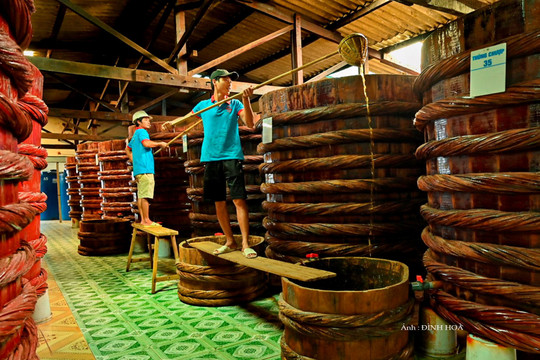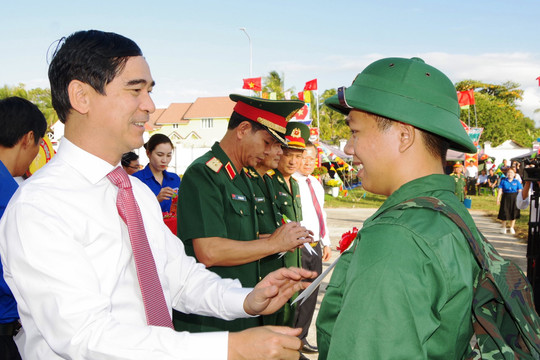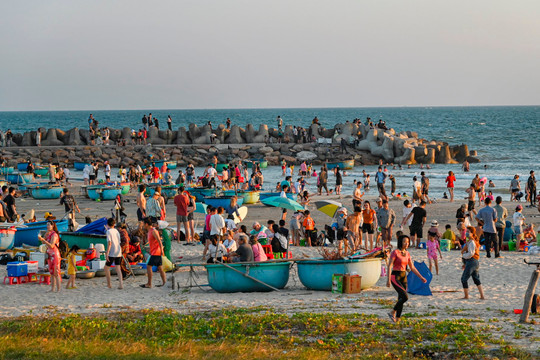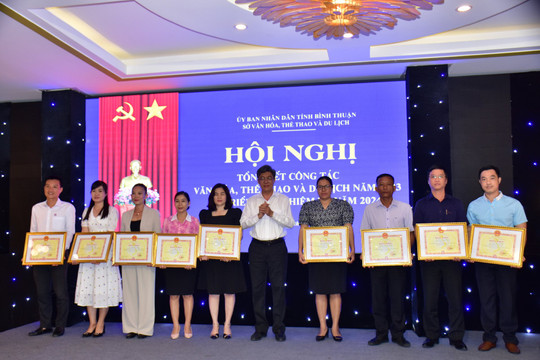
The increase is thanks to "mild improvements" recorded in closing the gender gaps across the four main components of the index: Economic Participation and Opportunity, Educational Attainment, Health and Survival, and Political Empowerment.
In terms of closing the gap in Economic Participation and Opportunity, Vietnam is ranked 31st, behind countries like Sweden (5th), the US (22nd), Kenya (6th), and regional neighbours like Laos (1st), Thailand (15th), or the Philippines (16th), out of 146 countries assessed.
Indicators at this level reveal that lower workforce participation and lower parity in workforce participation have both contributed to poorer gender outcomes, the report said.
“While parity in technical and professional workers has been maintained, the share of women in legislator, senior and manager roles decreased approximately one percentage point. Finally, estimated earned income also fell, in higher proportion for women (-20.7 per cent) than for men (-18.3 per cent).
Vietnam only ranks in 88th place in terms of Educational Attainment, with the report commenting that the literacy rate increased by +0.005, which, in the absence of data for compulsory education enrolment, raised the sub-index score slightly.
The country is nearly at the bottom of the ranking for Health and Survival sub-index at 141st place (just above Qatar, Pakistan, Azerbaijan, China, and India). In Asia Pacific region, the WEF report noted that “Vietnam and China have the most progress still to make.”
Marginal improvements in sex ratio at birth in Vietnam and China have led to an average improvement of the region’s sub-index gender gap score of 0.3 percentage points. Only five countries in this region have achieved gender parity in healthy life expectancy: Mongolia, Vietnam, Thailand, Myanmar, and the Philippines.
The country is in 106th place in terms of Political Empowerment, with most European countries populating the highest places.
On Political Empowerment, Vietnam saw a 3.6 percentage points increase in the share of women in parliament, although men continue to hold 100 per cent of ministerial roles, according to the WEF.
Relative to other regions, East Asia and the Pacific registered the second-lowest measure of progress on Political Empowerment, ahead only of Central Asia. The region achieved a 13.3 per cent in gender parity on this sub-index, which is marginally lower than the last edition. Only four countries have closed the gender gap in the share of women in parliamentary positions by at least one percentage point: in order of magnitude of improvement, Vietnam, Timor-Leste, New Zealand, and Indonesia.
Overall in the East Asia and the Pacific, Vietnam ranks 9th out of 19 countries assessed, with New Zealand and the Philippines in the top, and Vanuata and Japan at the bottom.
The Global Gender Gap Index benchmarks the current state and evolution of gender parity and is the longest-standing index which tracks progress towards closing these gaps over time since its inception in 2006.
In 2022, the global gender gap has been closed by 68.1 per cent. At the current rate of progress, it will take 132 years to reach full parity, according to the WEF. This represents a slight four-year improvement compared to the 2021 estimate (136 years to parity). However, it does not compensate for the generational loss which occurred between 2020 and 2021: according to trends leading up to 2020, the gender gap was set to close within 100 years.
Although no country has yet achieved full gender parity, the top 10 economies have closed at least 80 per cent of their gender gaps, with Iceland (90.8 per cent) leading the global ranking. Iceland remains the only economy to have closed more than 90 per cent of its gender gap. Other Scandinavian countries such as Finland (86 per cent, 2nd), Norway (84.5 per cent, 3rd) and Sweden (82.2 per cent, 5th) feature in the top 5, with additional European countries such as Ireland (80.4 per cent) and Germany (80.1 per cent) in 9th and 10th positions, respectively.
Sub-Saharan African countries Rwanda (81.1 per cent, 6th) and Namibia (80.7 per cent, 8th), along with one Latin American country, Nicaragua (81 per cent, 7th), and one country from East Asia and the Pacific, New Zealand (84.1 per cent, 4th), also take positions in the top 10. Nicaragua and Germany are the new entrants in the top 10 in 2022, while Lithuania (79.9 per cent,11th) and Switzerland (79.5 per cent, 13th) drop out this year.




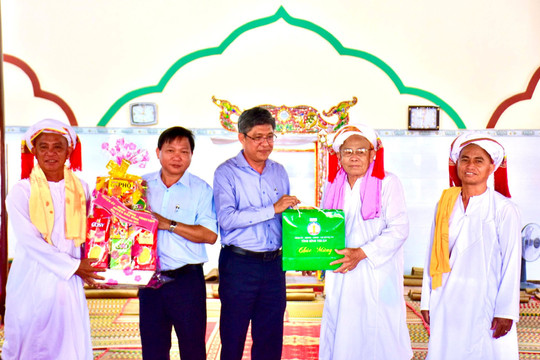
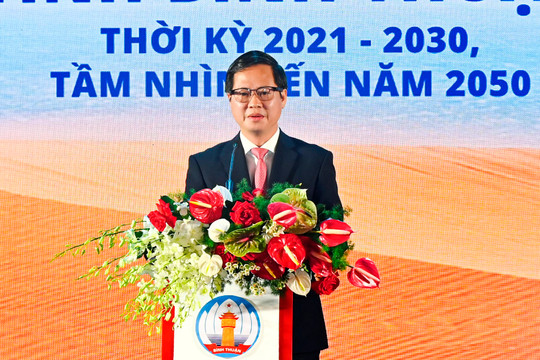
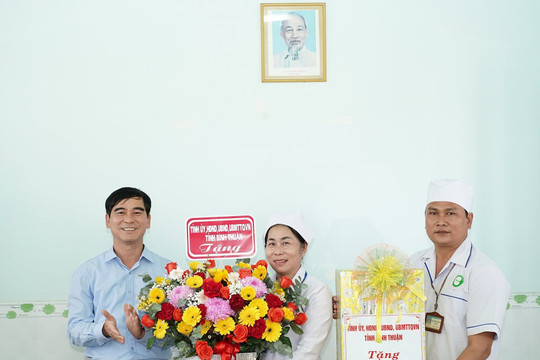


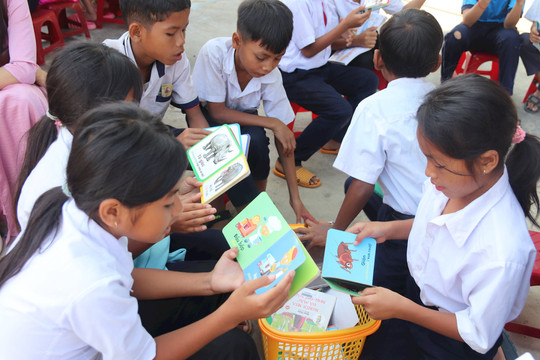




.jpg)



